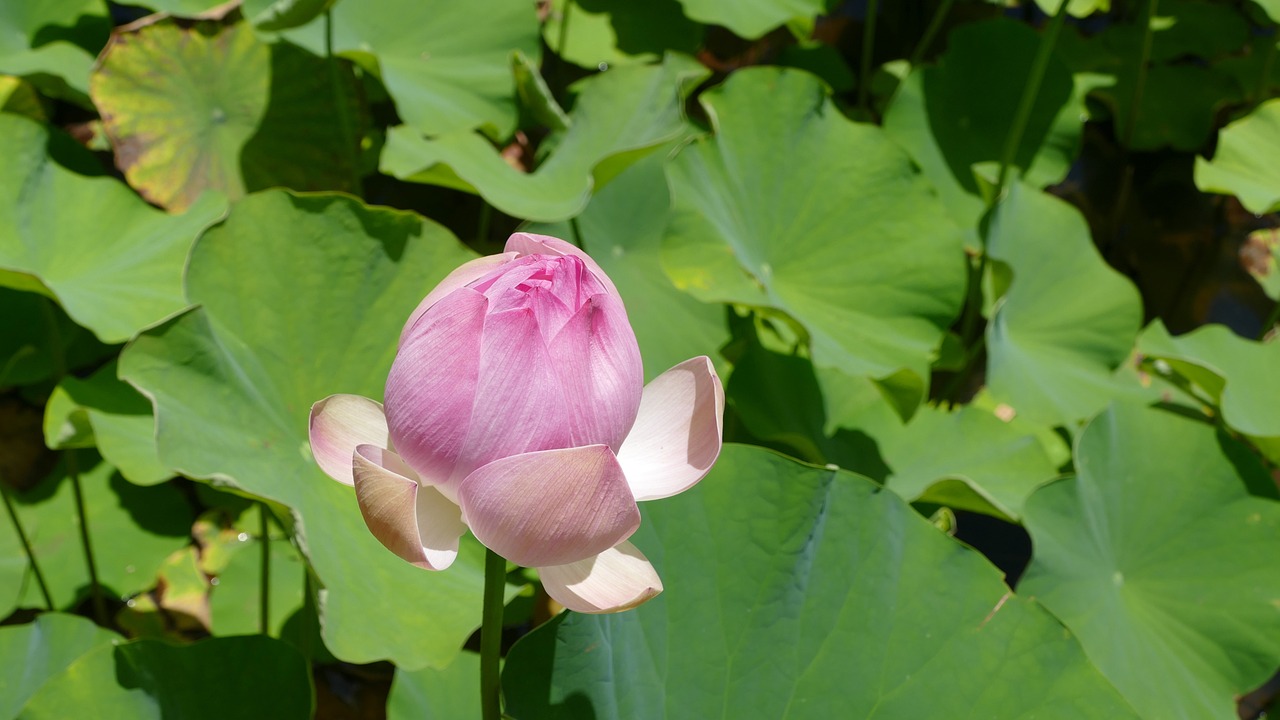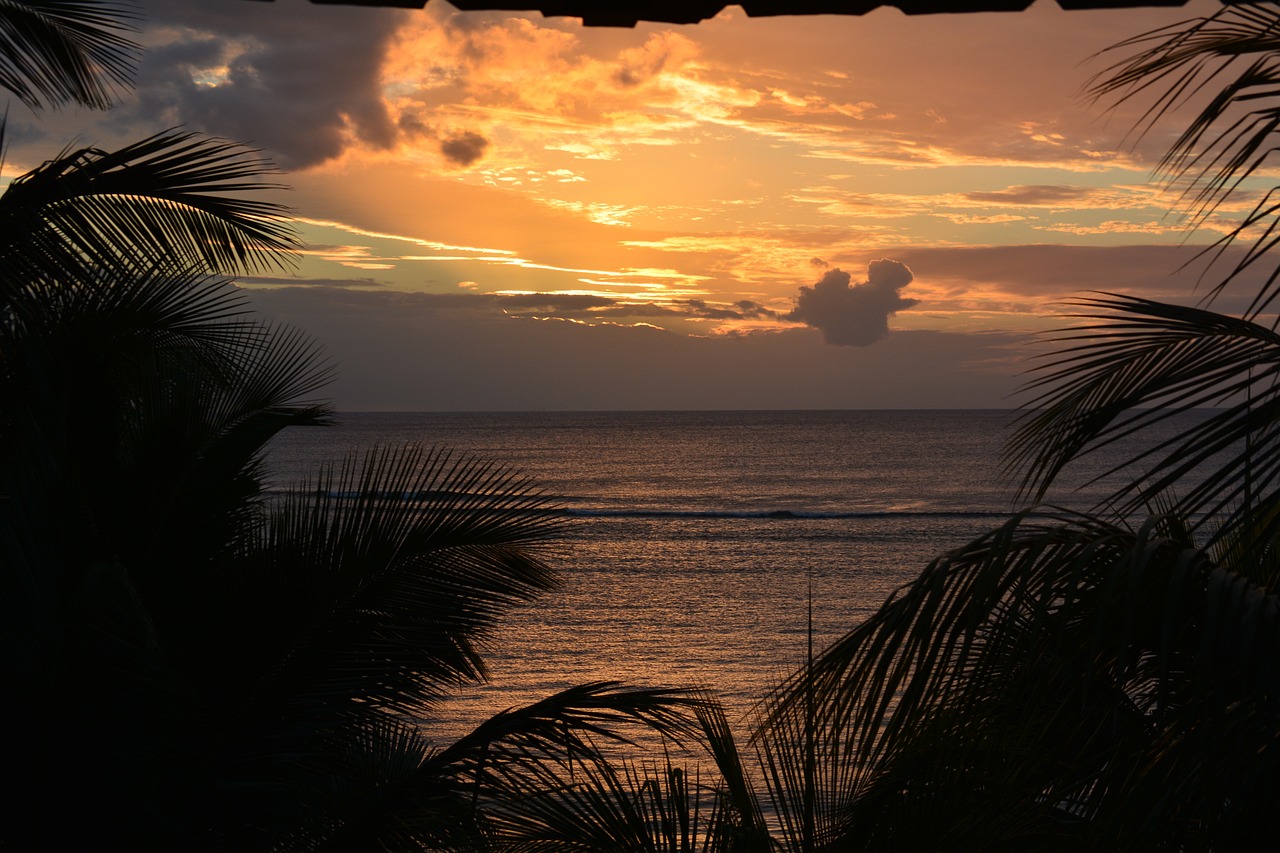Mauritius Video
Local Celebrations and Holidays: What to Expect in Mauritius
Mauritius is a vibrant and culturally diverse island nation located in the Indian Ocean. The country is known for its stunning beaches, lush landscapes, and warm hospitality. In addition to its natural beauty, Mauritius also offers a rich cultural heritage, which is celebrated through various local celebrations and holidays. These festive occasions provide visitors with a unique opportunity to immerse themselves in the vibrant traditions and customs of the Mauritian people. Whether you’re planning a trip to Mauritius or simply interested in learning more about its culture, this article will guide you through the local celebrations and holidays that you can expect to encounter during your visit.
Diwali: Festival of Lights
Diwali, also known as the Festival of Lights, is one of the most significant Hindu festivals celebrated in Mauritius. The festival usually falls between October and November and lasts for five days. During this time, the island is adorned with colorful lights, and homes are decorated with intricate rangoli patterns. Families come together to light oil lamps and candles, symbolizing the triumph of light over darkness and good over evil. Fireworks illuminate the night sky, and delicious sweets and savories are prepared and shared among loved ones. Diwali is a time of joy, unity, and spiritual reflection, and visitors can witness the vibrant festivities by attending local events and visiting Hindu temples.
- Lights and Decorations: The streets and houses are adorned with colorful lights, lanterns, and diyas (oil lamps).
- Prayers and Offerings: Families visit Hindu temples to offer prayers and seek blessings from the deities.
- Fireworks and Crackers: Spectacular fireworks displays light up the night sky during Diwali.
- Traditional Cuisine: Mouthwatering sweets and savories are prepared and shared during Diwali.
The entire island takes on a festive atmosphere, with vibrant decorations illuminating the streets and homes. Intricate rangoli patterns are created using colored powders, flower petals, and rice flour, adding to the visual splendor of the celebrations.
Hindu families visit temples to offer prayers and perform religious rituals. Devotees present offerings of flowers, fruits, and sweets to the deities, seeking their blessings for prosperity and well-being.
Fireworks and crackers are an integral part of Diwali celebrations in Mauritius. Colorful explosions fill the sky, creating a mesmerizing spectacle for both locals and visitors. The loud sounds and vibrant colors signify the victory of light over darkness and are believed to ward off evil spirits.
Diwali is incomplete without indulging in traditional Mauritian sweets and savories. Families prepare an array of delectable treats, including gulab jamun (sweet dumplings), barfi (fudge), and samosas (savory pastries). These delicacies are shared among family, friends, and neighbors as a gesture of love and harmony.
Chinese New Year: Welcoming Prosperity
Chinese New Year, also known as Spring Festival or Lunar New Year, is another major celebration in Mauritius. The festival takes place between January and February and marks the beginning of the Chinese lunar calendar. Chinese communities across the island come together to welcome the New Year and usher in good fortune and prosperity. The streets are adorned with red lanterns, and traditional lion and dragon dances are performed to ward off evil spirits. Visitors can experience the vibrant festivities by attending street parades, visiting Chinatown, and enjoying traditional Chinese cuisine.
- Red Decorations: The streets and houses are adorned with red lanterns and decorations.
- Lion and Dragon Dances: Colorful lion and dragon dances are performed to bring good luck and chase away evil spirits.
- Firecrackers and Fireworks: Loud firecrackers and fireworks are set off to scare away evil spirits.
- Traditional Cuisine: Delicious Chinese delicacies are prepared and shared during the festivities.
Red is considered an auspicious color in Chinese culture and symbolizes good luck and prosperity. During Chinese New Year, the streets of Mauritius are adorned with red lanterns, banners, and decorations, creating a festive and vibrant atmosphere.
One of the highlights of Chinese New Year celebrations in Mauritius is the traditional lion and dragon dances. Performers dressed in elaborate lion and dragon costumes move to the beat of drums and cymbals, captivating audiences with their synchronized movements. The dances are believed to bring good luck, fortune, and prosperity for the year ahead.
Firecrackers and fireworks are an integral part of Chinese New Year celebrations. The loud noises and bright lights are believed to ward off evil spirits and bring good luck for the coming year. The sky is illuminated with mesmerizing fireworks displays, creating a festive and joyous atmosphere.
Chinese New Year is a time for families to come together and enjoy traditional Chinese cuisine. Mouthwatering dishes such as dumplings, spring rolls, and nian gao (sticky rice cake) are prepared and shared among loved ones. These dishes are believed to bring good luck and symbolize unity and prosperity.
Eid al-Fitr: Celebrating the End of Ramadan
Eid al-Fitr, also known as the Festival of Breaking the Fast, is a significant Islamic celebration in Mauritius. The festival marks the end of Ramadan, a month of fasting and spiritual reflection for Muslims worldwide. Families gather to celebrate the completion of Ramadan and express gratitude for the blessings received. The festivities include special prayers at mosques, feasting on delicious traditional dishes, and exchanging gifts with loved ones. Visitors can experience the warm hospitality and rich traditions of Eid al-Fitr by participating in local events and visiting mosques.
- Prayers at Mosques: Special prayers are held at mosques to mark the end of Ramadan.
- Feasting and Celebration: Families come together to enjoy delicious traditional dishes.
- Exchanging Gifts: Loved ones exchange gifts as a gesture of love and appreciation.
- Charitable Acts: Muslims engage in acts of charity and give to the less fortunate.
On the morning of Eid al-Fitr, Muslims gather at mosques to offer special prayers known as Salat al-Eid. These prayers are conducted in congregation and are led by an imam. The prayers are followed by a sermon, emphasizing the importance of gratitude, forgiveness, and unity.
After the prayers, families gather to enjoy a festive meal known as Eid al-Fitr feast. Traditional Mauritian dishes such as biryani (spiced rice), samosas, and halwa (sweet dessert) are prepared and shared among family, friends, and neighbors. The feast is a time of joy and togetherness, and it symbolizes the end of the fasting period.
During Eid al-Fitr, it is customary to exchange gifts with family and friends. The gifts can range from clothing and accessories to sweets and chocolates. This tradition symbolizes love, gratitude, and the importance of fostering strong relationships.
Eid al-Fitr is also a time for Muslims to give back to the community. Many individuals and organizations engage in charitable acts, such as donating food, clothes, and money to those in need. This practice is rooted in the Islamic belief of compassion, generosity, and helping others.
Thaipoosam Cavadee: Devotion and Sacrifice
Thaipoosam Cavadee is a Tamil Hindu festival celebrated with great devotion and fervor in Mauritius. The festival usually falls between January and February and is dedicated to Lord Murugan, the Hindu deity of war and victory. Devotees undertake a rigorous 10-day purification process before the main event, which involves carrying a “cavadee” (a wooden structure adorned with flowers and peacock feathers) as an act of devotion and sacrifice. The festival is characterized by elaborate processions, music, and dance performances. Visitors can witness the vibrant celebrations by attending local temples and joining in the festivities.
- Purification Process: Devotees undergo a 10-day purification process before the festival.
- Carrying the Cavadee: Devotees carry a wooden structure adorned with flowers and peacock feathers.
- Elaborate Processions: Colorful processions make their way to Hindu temples.
- Music and Dance Performances: Traditional Tamil music and dance performances are an integral part of the celebrations.
Thaipoosam Cavadee is preceded by a period of purification, which involves abstaining from certain foods, practicing meditation, and observing strict discipline. Devotees cleanse their bodies and minds as a form of spiritual preparation for the main event.
The highlight of Thaipoosam Cavadee is the carrying of the cavadee. Devotees, both men and women, carry the ornate wooden structure on their shoulders. The cavadee is decorated with flowers, peacock feathers, and other offerings. The act of carrying the cavadee is a symbol of devotion, sacrifice, and surrender to the divine.
During Thaipoosam Cavadee, elaborate processions known as “kavadi” take place. Devotees march through the streets, accompanied by traditional music, singing, and dancing. The processions culminate at Hindu temples, where special prayers and rituals are conducted to honor Lord Murugan.
The festival is filled with vibrant music and dance performances, showcasing the rich cultural heritage of the Tamil community in Mauritius. Traditional instruments such as drums, flutes, and cymbals create a rhythmic and lively atmosphere, while dancers adorned in colorful costumes mesmerize the audience with their graceful movements.
Mauritius Image 1:

Christmas: Festive Cheer and Joy
Christmas is widely celebrated in Mauritius, despite the country’s predominantly Hindu and Muslim population. The festive season brings a sense of joy and cheer, and the island is adorned with Christmas decorations. Families come together to exchange gifts, enjoy festive meals, and attend midnight Mass. Visitors can experience the unique blend of cultures during Christmas in Mauritius by participating in local events, visiting churches, and enjoying traditional Mauritian Christmas dishes.
- Christmas Decorations: The streets and houses are adorned with Christmas lights and decorations.
- Gift Exchanges: Families exchange gifts as a symbol of love and appreciation.
- Midnight Mass: Attending midnight Mass is a cherished tradition for many Christians.
- Traditional Christmas Dishes: Mauritian cuisine adds a unique touch to the festive meals.
During the Christmas season, Mauritius is transformed into a winter wonderland, with streets, shops, and homes decorated with colorful lights, Christmas trees, and ornaments. The festive atmosphere creates a sense of joy and excitement, and locals embrace the spirit of Christmas.
Like in many other countries, gift exchanges are a common tradition during Christmas in Mauritius. Families and friends exchange presents as a gesture of love, appreciation, and togetherness. The gifts are usually placed under the Christmas tree and opened on Christmas morning.
For Christians in Mauritius, attending midnight Mass on Christmas Eve is a deeply cherished tradition. Churches are beautifully decorated, and the Mass is accompanied by carol singing and prayers. The service commemorates the birth of Jesus Christ and serves as a reminder of the true meaning of Christmas.
While traditional Christmas dishes such as roast turkey, ham, and pudding are enjoyed in Mauritius, the local cuisine adds a unique twist to the festive meals. Mauritian specialties like curries, biryanis, and gateaux piments (chili cakes) are often included, reflecting the diverse cultural influences on the island.
Mauritius Image 2:

References:
- Mauritius Tourism Promotion Authority: tourism-mauritius.mu
- Diwali Festival in Mauritius: diwali.museummauritius.org
- Chinese New Year in Mauritius: chinatownmauritius.com
- Eid al-Fitr in Mauritius: islamiccouncilmauritius.org
- Thaipoosam Cavadee Festival: thaipoosamcavadee.com
- Christmas in Mauritius: mauritius365.mu
Mauritius Image 3:



